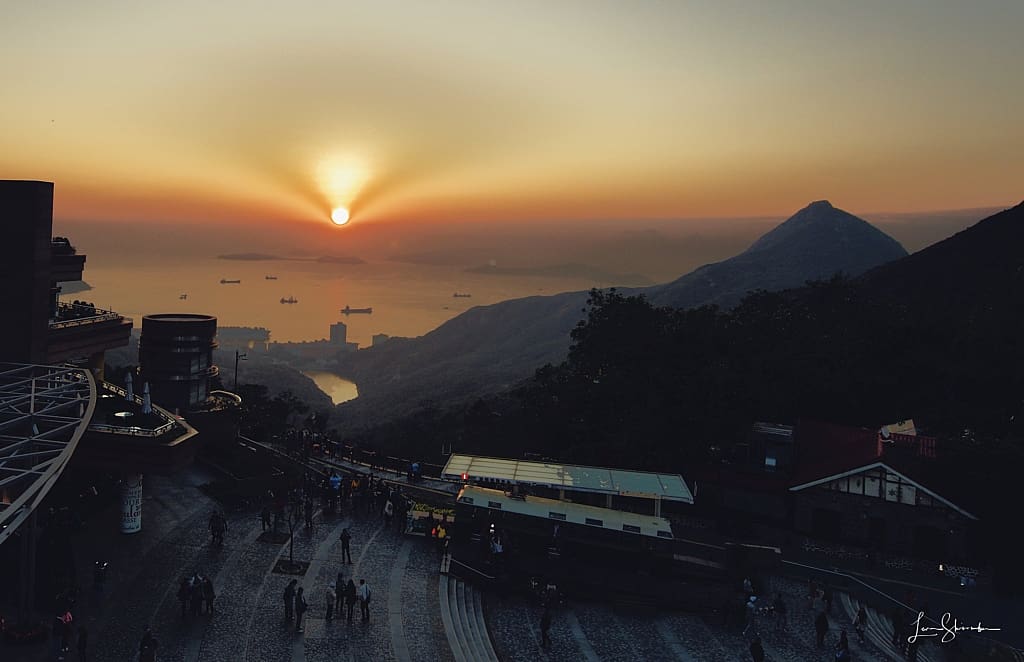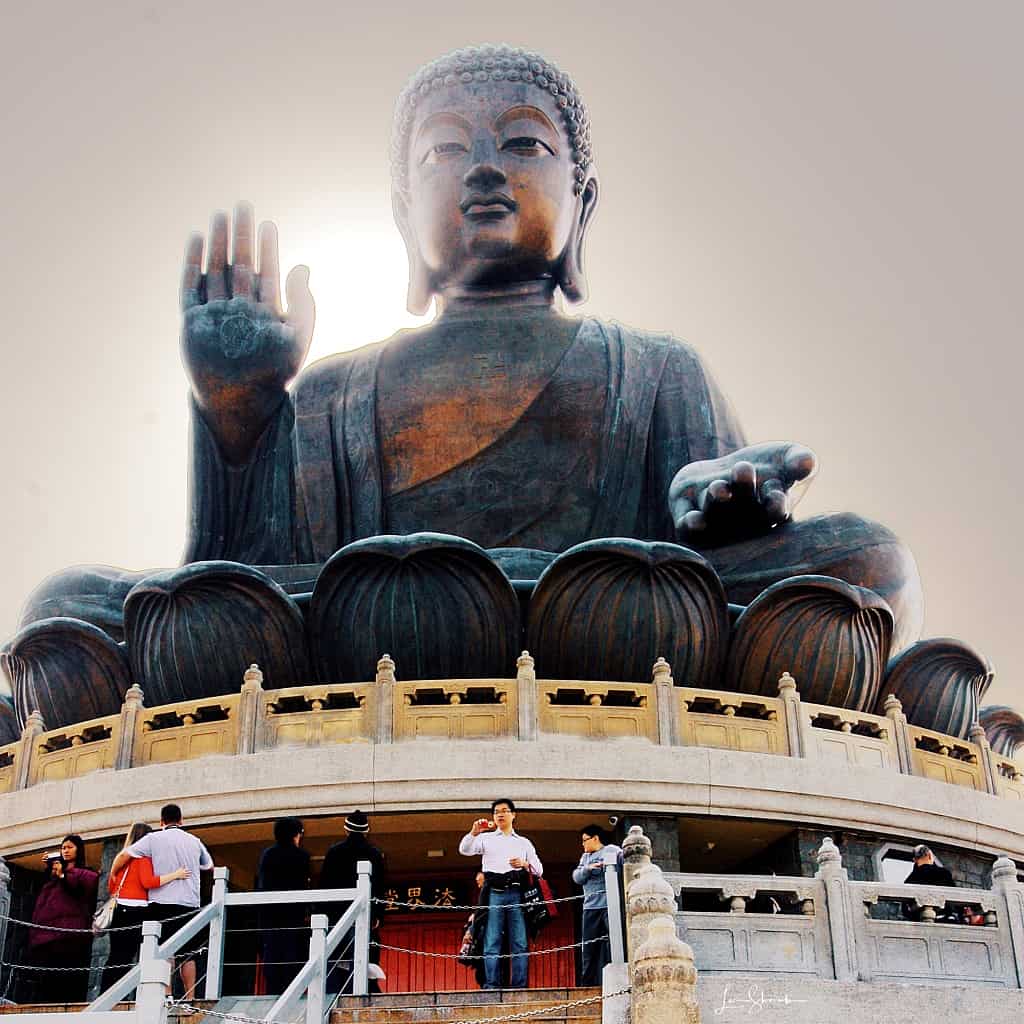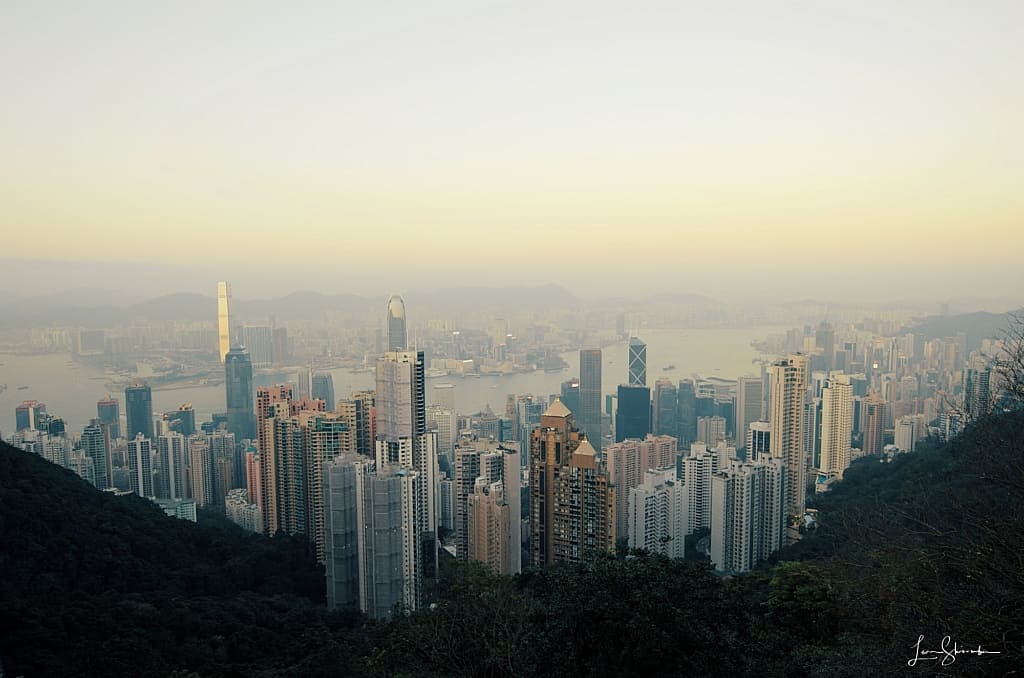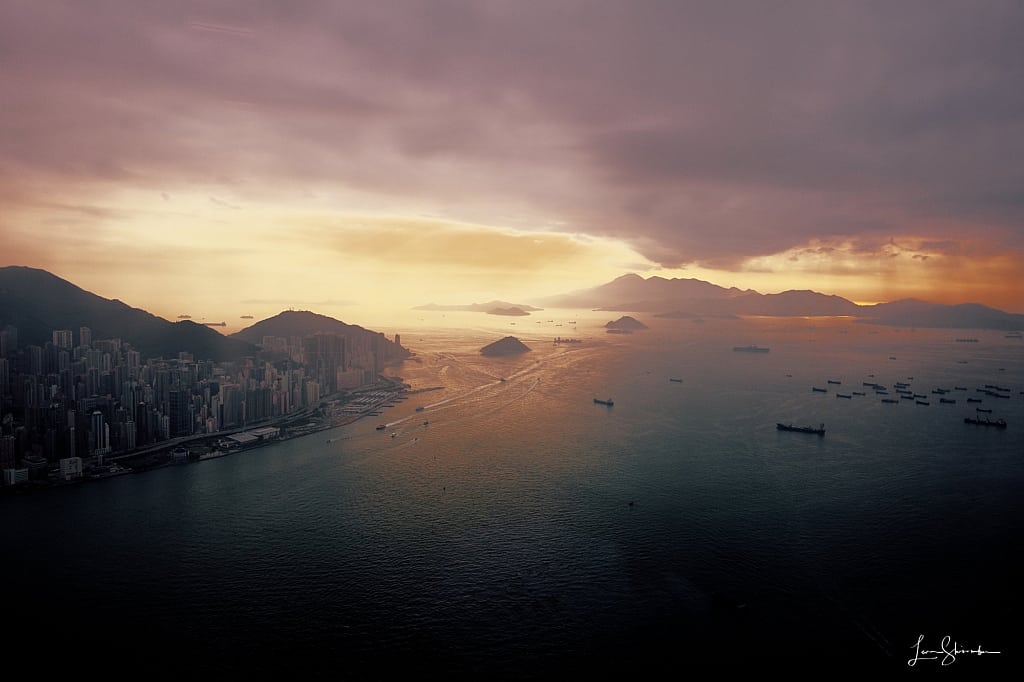I had a few moments in Hong Kong, the odd minute where you sit down and reflect more than anything of having that ticked off in your career. It’s something special.
Tommy Fleetwood

It is difficult to watch the fascinating but sad collapse of Hong Kong.
Time for me to say goodbye to Hong Kong.
It’s hard to predict what will emerge from the protests, the actions of the Chinese government, and reactions outside of Hong Kong.
Regardless, we know the Hong Kong many of us have visited and come to admire, is no more.
I don’t mean that “I miss the old Hong Kong.”
No, that would be relatively natural in the evolutionary sense that communities and cities worldwide are changing.
I may miss old London, old New York City or old Paris, but those cities’ spirit continues, despite their physical changes.
The change taking place in Hong Kong is not just physical. It’s a change deep into the spirit that made Hong Kong unique among Southeast Asian destinations.
Hong Kong will be different, and we will miss the old version.
But there’s more to the change than just nostalgia and a yearning for what used to be. There is a real danger to visitors to Hong Kong and all of China, of which you should be aware.
With new recently implemented laws, you may have broken Chinese laws, even if you have never visited China.
Intrigued? Read on.

What got us here?
Hong Kong is a small area of approximately 426 Square Miles, at the southeast of mainland China.
In 1842, the Chinese Emperor signed the treaty of Nanjing handing over Hong Kong to Britain.
For 156 years, the British ruled Hong Kong. Today, it is one of the most recognized and highly developed territories in the world. It is also one of the densest populated places on earth and one of the most expensive.
During British rule, Hong Kong people became a capitalist society accustomed to the western rule of law and human rights.
After the Chinese Revolution, China was closed for many years to trading with western countries. During that time, Hong Kong grew to become a unique gateway to China.
Then in 1972, USA President Nixon visited China and resumed trading relationships. This resumption in relations was the beginning of nearly 50 years of ever-increasing global trade between China and the rest of the world.
But the laws in China regarding business ownership and the trade practices and processes were so challenging to predict, or operate within, that many in the west looked to places like Hong Kong to manage their China trade. As a result, Hong Kong’s growth and prominence accelerated.
As trade between China and the rest of the world and globalization grew, western countries became increasingly dependent on that trade. China asserted it’s right to territories such as Hong Kong and Taiwan under it’s “One China” policy.
In 1997, Britain turned over the rulership of Hong Kong to China. Britain negotiated for, and China agreed to, a 50 year transition period during which Hong Kong would operate as a semi-autonomous region. China guaranteed free speech, capitalist markets, and English common law under a “one country, two systems” arrangement.
The US Government awarded Hong Kong special favorable trading status that exempted it from trade rules applied to the rest of China.
For 22 years, that arrangement worked well despite the ever-increasing control of the Hong Kong legislature by China.
Then in February 2019, the Central Communist Party of China and their supportive Hong Kong Legislators proposed a new law: “Fugitive Offenders and Mutual Legal Assistance in Criminal Matters Legislation (Amendment) Bill 2019.” The law would allow extraditions from Hong Kong to China.
Political dissidents and civil rights activists in Hong Kong saw this as a way for the Chinese government to arrest anyone on contrived charges. Those detained would then be subject to the opaque Chinese political rule of law.
Thus began the long-running series of protests in Hong Kong. Since then, and well into 2020, the protests grew in scope and severity, with millions of Hong Kongers expressing displeasure with their legislature attempting to reduce their civil rights.
Despite removing the proposed law, the protests continued as activists and democracy supporters fought for more “self governance” in Hong Kong. Protests became increasingly volatile, leading to a crippling effect on the Hong Kong economy and tourism. As law enforcement sought to assert control, the damage increased, and positions further entrenched.
From the start of the protests, though embarrassing to China, it avoided taking any heavy-handed approach to what was happening in Hong Kong.
In June 2020, at its annual party meeting in Beijing, the Chinese Communist Party (CCP) voted to impose a national security law on Hong Kong. That law made it illegal for anyone in the world to promote democratic reform for Hong Kong.
Dissent against the CCP in Hong Kong is now illegal.
During this period of turmoil, the US government has requested the Chinese government to work through Hong Kong issues with dialogue.
Finally, after China imposed the new law, it was clear that the Chinese were asserting more control of Hong Kong.
This week the US government removed the special trading status of Hong Kong. That makes Hong Kong no different than any other mainland China city form a US trading perspective.

What will happen next?
It’s clear that without a special trading status, China has no reason to continue to treat Hong Kong as semi-autonomous. After all, that was going to disappear in 27 years anyway. I would expect China to accelerate its full control of Hong Kong.
Hong Kong is filled with offices and foreigners who ran gateway operations for trade with China. It was a hub for goods flowing between China and the rest fo the world. As a port, it was one of the busies around the globe.
As a special trading partner, the Hong Kong hub had value.
Without the special trading status, it becomes any other Chinese city and an ordinary Chinese port.
Many of those foreign companies will reevaluate their decisions to house hub offices in Hong Kong. They may decide to move closer to their actual operations in China, or other hub locations such as the attractive Singapore location.
Many domestic Hong Kongers have amassed significant wealth and view themselves as global citizens. Many of them will likely choose to relocate.
With China Supply Chains already under pressure from the detente with the west, it is difficult to see how Hong Kong avoids a negative economic trend.

What does it mean for people like me, who admired Hong Kong?
I first visited Hong Kong in 1989 and have been going back ever since, both as a tourist and to do business there.
For a while, I had responsibility for several businesses based in Hong Kong and charged with serving technology companies in mainland China.
Whenever I was visiting China or South East Asia, I would try to make a detour to Hong Kong. The food, shopping, vistas, and hustle were always worthy experiences.
On my visits to Shenzen, the massive Chinese technology hub, I would go through Hong Kong, a short drive away.
I have watched over the last year as China reclaimed Hong Kong. It is no longer a gateway, and it will operate just like any other Chinese city. Why do business through Hong Kong, when one can do business directly in Shanghai, Shenzen, or any other China location? Without special privileges, Hong Kong is just like any other tourist location.
The exception is that China and Hong Kong now have a draconian law that makes it illegal anywhere to promote democratic reform for Hong Kong.
For example, if you posted or liked an Instagram photo with the words “Free Hong Kong” anywhere in the world, you have violated China’s national security law. The next time you are in any Chinese territory, you are subject to detention and trial under Chinese rule.
China may view this article as qualifying under the new law.
That, for me, is enough deterrence to visit Hong Kong and China.
Additional reading: Axios Article on New Hong Kong Security law
Great article HK is one of my favourite place. I will miss visting HK, Hope you are doing well
Richard